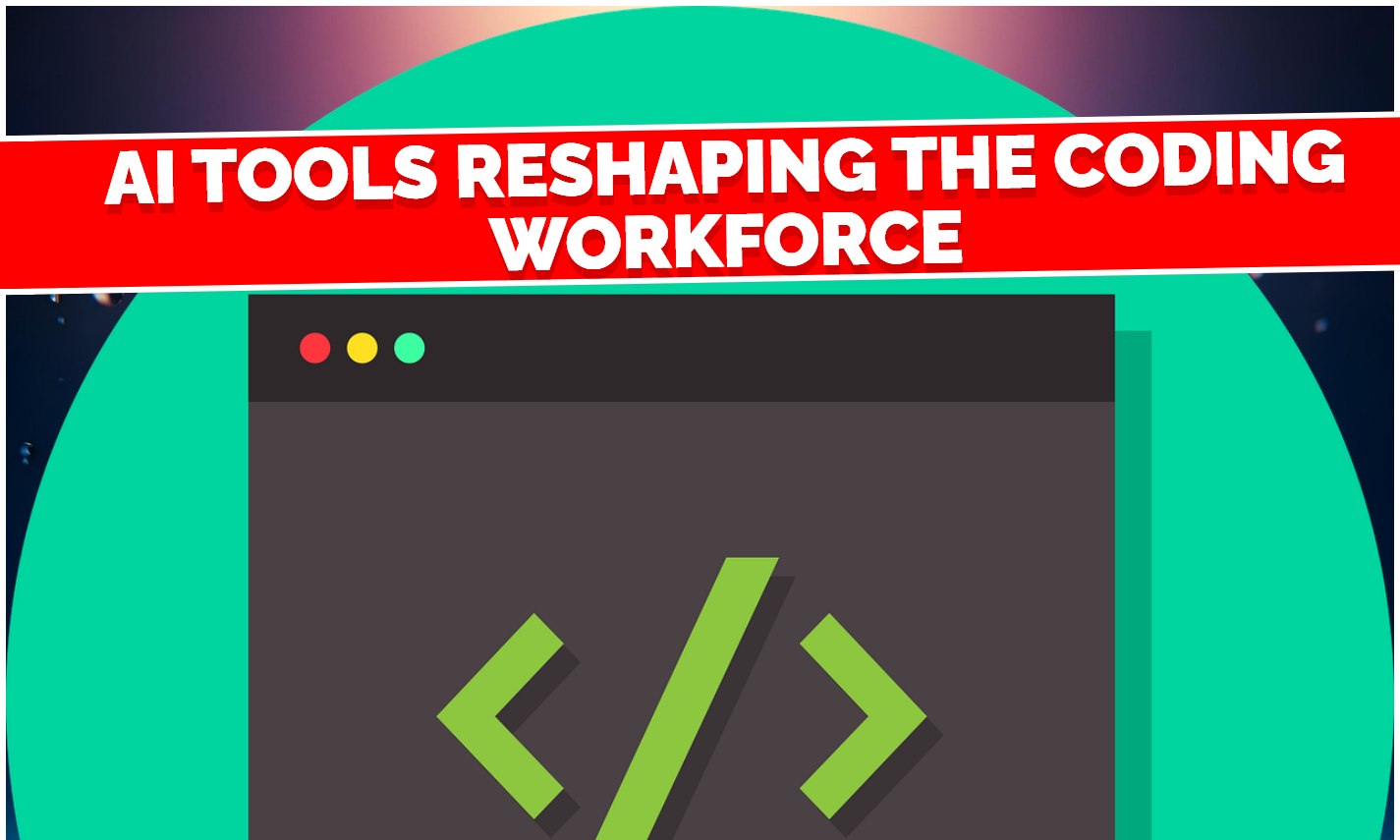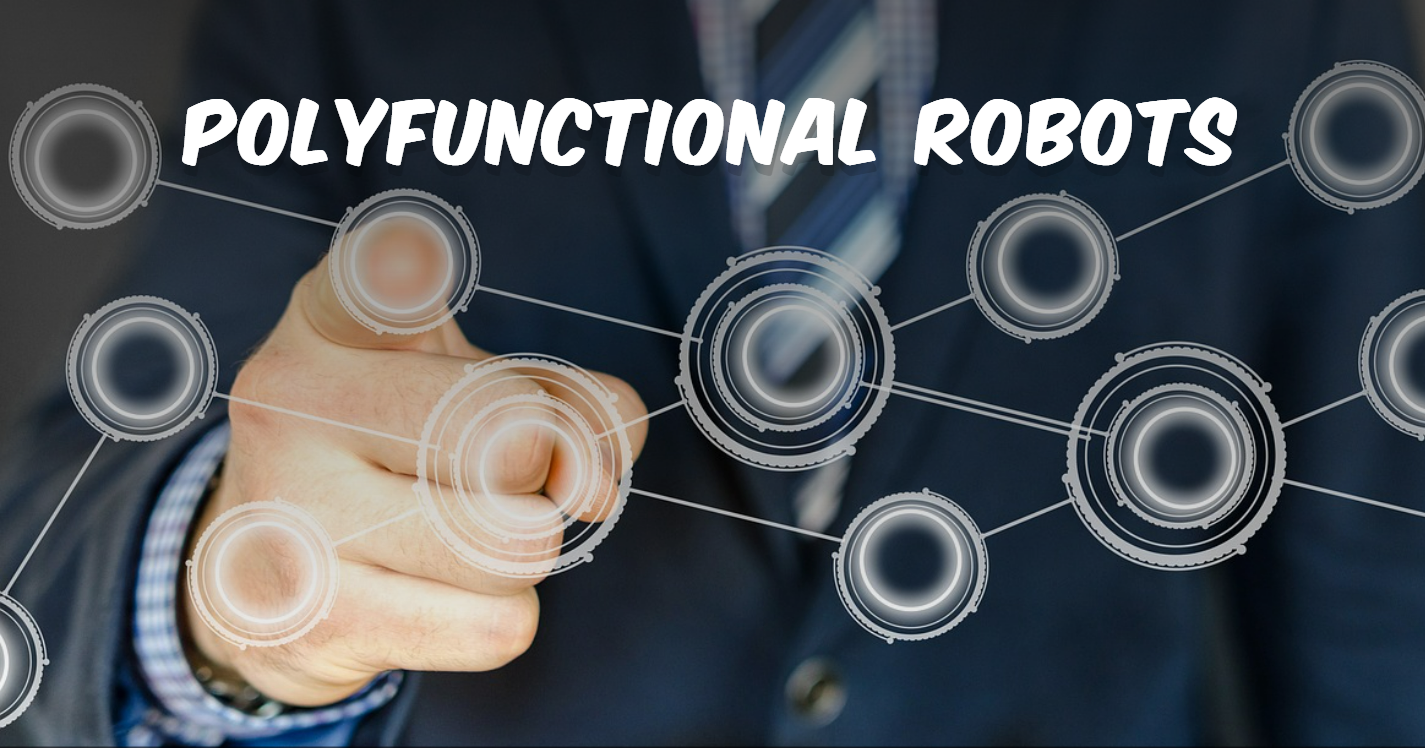Artificial Intelligence (AI) has quickly changed different businesses, from healthcare and back to amusement and transportation. AI’s capacity for problem-solving, robotization, and information investigation offers phenomenal openings for development, moving forward proficiency and extending capabilities over the globe. Be that as it may, as AI frameworks develop more effective and unavoidable, the moral suggestions encompassing their advancement and utilize ended up progressively significant.
In this article, we will investigate the moral challenges postured by AI, centering on adjusting advancement with duty. By analyzing issues such as predisposition, protection, responsibility, and the affect on business, we point to get it how society can cultivate AI’s potential whereas relieving its risks.
The Guarantee of AI Innovation
AI has illustrated surprising potential in different areas. In healthcare, for illustration, AI-driven demonstrative apparatuses have moved forward the precision of illness discovery, regularly catching conditions that human professionals might miss. AI is moreover revolutionizing businesses like independent transportation, where self-driving cars are anticipated to diminish activity mishaps and make strides versatility. In trade, AI-powered robotization has streamlined operations, moved forward client benefit, and optimized supply chains.
Beyond these unmistakable benefits, AI holds the guarantee of tackling a few of humanity’s most complex issues. It may be saddled to address climate alter, make strides worldwide instruction, and development logical revelation. But with these gigantic openings come critical obligations. As AI proceeds to advance, the moral problems related with its utilize gotten to be more articulated, requesting cautious thought and dependable governance.
Ethical Challenges in AI
1. Inclination and Discrimination
One of the most squeezing moral concerns related to AI is the potential for predisposition and segregation. AI frameworks are regularly prepared on tremendous datasets that reflect authentic information or real-world behavior. If these datasets contain one-sided data, AI models can learn and propagate these predispositions, driving to unjustifiable outcomes.
For occurrence, in enlisting hones, AI calculations may incidentally favor certain socioeconomics over others, such as favoring male candidates over female candidates if verifiable information reflects a sexual orientation awkwardness in contracting choices. Additionally, facial acknowledgment frameworks have been appeared to show racial predispositions, regularly misidentifying individuals of color at higher rates than white people. In healthcare, one-sided AI models might lead to imperfect treatment suggestions for underrepresented bunches, compounding existing wellbeing disparities.
Addressing predisposition in AI requires cautious curation of datasets, straightforwardness in show advancement, and progressing reviews to guarantee that AI frameworks do not strengthen societal disparities. It is fundamental to have assorted viewpoints in the advancement of AI innovations to anticipate inclinations from being inserted in these systems.
2. Protection and Information Protection
AI frameworks depend intensely on information to work, and the tremendous sums of information collected raise critical protection concerns. AI’s capacity to accumulate, store, and analyze individual information has started wrangles about around how much data people ought to be required to share, how that information ought to be utilized, and who ought to have get to to it.
For case, AI applications in healthcare frequently require get to to delicate understanding data to make precise analyze or treatment proposals. Whereas this can make strides healthcare results, it moreover makes the chance of delicate information being uncovered or abused. Essentially, AI-powered reconnaissance advances, such as facial acknowledgment, might encroach on individuals’ protection rights if conveyed indiscriminately.
Balancing advancement with security requires strict information security directions, such as the Common Information Assurance Direction (GDPR) in Europe, which points to grant people more prominent control over their individual information. Companies creating AI innovations must guarantee that they have vigorous security measures in put, maintain a strategic distance from superfluous information collection, and be straightforward around how they utilize and share data.
3. Responsibility and Responsibility
AI frameworks, especially those that make independent choices, posture a challenge to responsibility. Who is mindful when an AI framework makes a botch, causes hurt, or acts in an deceptive way? For occasion, if an independent vehicle causes an mishap, who ought to be held responsible: the producer, the computer program engineer, or the client of the vehicle?
The address of responsibility is especially complex in segments such as healthcare, where AI is utilized for diagnostics or treatment proposals. If an AI framework gives an off base determination that leads to persistent hurt, deciding who is legitimately and morally dependable gets to be a challenge. Is it the AI engineer, the healthcare supplier who depended on the framework, or the healthcare institution that actualized the technology?
To address these concerns, clear lawful systems and rules are required to decide obligation in AI-related occurrences. Furthermore, AI designers must be straightforward around the restrictions of their frameworks, guaranteeing that people are continuously in the circle for decision-making forms in high-stakes situations.
4. Affect on Work and Work Displacement
As AI advances ended up progressively competent of performing assignments customarily carried out by people, there is developing concern almost the potential for far reaching work relocation. Mechanization, fueled by AI, has as of now begun to supplant certain occupations in businesses like fabricating, coordination’s, and client benefit. With progresses in common dialect handling and machine learning, AI is presently able to perform errands in regions such as composing, legitimate inquire about, and indeed inventive areas like craftsmanship and music composition.
While AI can increment efficiency and decrease costs, it too has the potential to uproot millions of laborers, driving to financial disparity and social turmoil. The uprooting of laborers is especially concerning for those in low-skilled occupations that are most helpless to automation.
To relieve these dangers, policymakers and businesses must center on retraining and reskilling laborers to prepare them with the abilities essential for the employments of the future. Speculations in instruction, workforce improvement, and social security nets will be vital in guaranteeing that AI-driven mechanization benefits society as a entirety, or maybe than worsening inequality.
5. Independence and Control
As AI frameworks gotten to be more independent, there is the potential for them to act autonomously of human oversight, driving to moral situations almost control and decision-making. In military applications, for case, independent rambles or weapons frameworks seem make life-and-death choices without human mediation. Additionally, AI frameworks utilized in law authorization or reconnaissance may make choices that encroach on gracious liberties.
There are too concerns approximately AI frameworks making moral choices that people may not concur with. For illustration, in healthcare, an AI framework might prioritize sparing the life of a more youthful quiet over an more seasoned one, based on data-driven forecasts almost life anticipation. Such choices may be morally risky, as they fall flat to take into account the broader setting of human nobility, reasonableness, and the esteem of life.
To guarantee that AI remains adjusted with human values, it is fundamental to create AI frameworks with built-in moral rules and decision-making systems. Human oversight is vital to guarantee that AI does not act in ways that are hurtful or opposite to societal norms.
Balancing Advancement with Responsibility
The quick pace of AI development requires a adjusted approach that considers both the potential benefits and moral dangers. To guarantee that AI innovation is created and conveyed mindfully, a few key methodologies must be implemented:
- Ethical AI Plan: AI designers must prioritize morals all through the plan and improvement prepare. This includes distinguishing potential dangers, such as inclination or protection infringement, and taking steps to moderate them. Moral contemplations ought to be inserted in the calculations themselves, guaranteeing that AI frameworks are adjusted with human values.
- Transparency and Responsibility: AI companies must be straightforward almost how their frameworks work, counting the information utilized to prepare them and the decision-making forms included. Standard reviews and oversight instruments are fundamental to guarantee that AI frameworks stay responsible and do not lead to unintended consequences.
- Regulation and Administration: Governments and universal organizations must set up directions that administer the utilize of AI. These controls ought to address issues such as information protection, algorithmic straightforwardness, responsibility, and the capable utilize of AI in high-risk spaces like healthcare, fund, and law enforcement.
- Human-Centered AI: AI ought to be planned to complement human decision-making, not supplant it. Human oversight remains basic in numerous ranges, especially those including moral contemplations, compassion, and complex decision-making. A human-centered approach guarantees that AI upgrades human capabilities whereas keeping control in the hands of people.
Conclusion
AI has the potential to change society in significant ways, but it too raises complex moral questions that must be carefully tended to. Adjusting advancement with duty requires a collaborative exertion between engineers, policymakers, and society at expansive. By guaranteeing that AI is created morally, straightforwardly, and with a center on human values, we can saddle its potential whereas minimizing its dangers. With the right approach, AI can be a drive for great, making strides lives and making a more impartial and economical future.









Leave a Reply